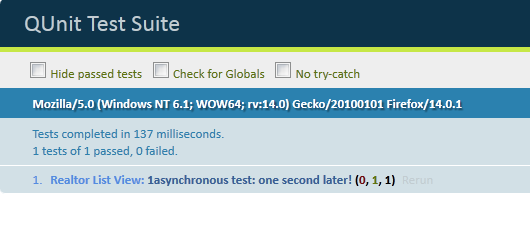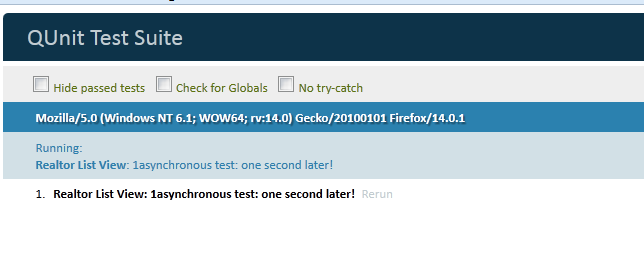I just can’t believe the difference in the application process between Google (for Google Play) and Apple (for the App Store).
For Google, I had to
- sign in to a Google account
- give them an email address and a phone number
- agree to terms and conditions
- pay $25 (but make sure you have a valid Google Wallet account!)
- wait for the registration to be processed
- invite other developers in my company
For Apple (where I need to register as a corporation) I had to
- Upgrade a mac to Lion
- Start the signup process
- Realize that the company doesn’t have an updated Dun and Bradstreet profile
- Call Dun and Bradstreet
- Be sent to http://iupdate.dnb.com/ to update the profile
- Find out who the executive officers of the company were
- Get them to sign up to update the profile
- Update the profile
- Submit it
- Wait for over 5 business days
- Resubmit my application to Apple
- Get rejected again because they didn’t recognize the company as a legal entity
- Exchange a couple of emails with Apple employees
- Determine what the rejection is possibly because I didn’t want for D&B to update the Apple database (up to 14 business days!)
And all that is before I can see (and agree to) the terms of use and pay the $99/year, and get my application processed.
Whew.


